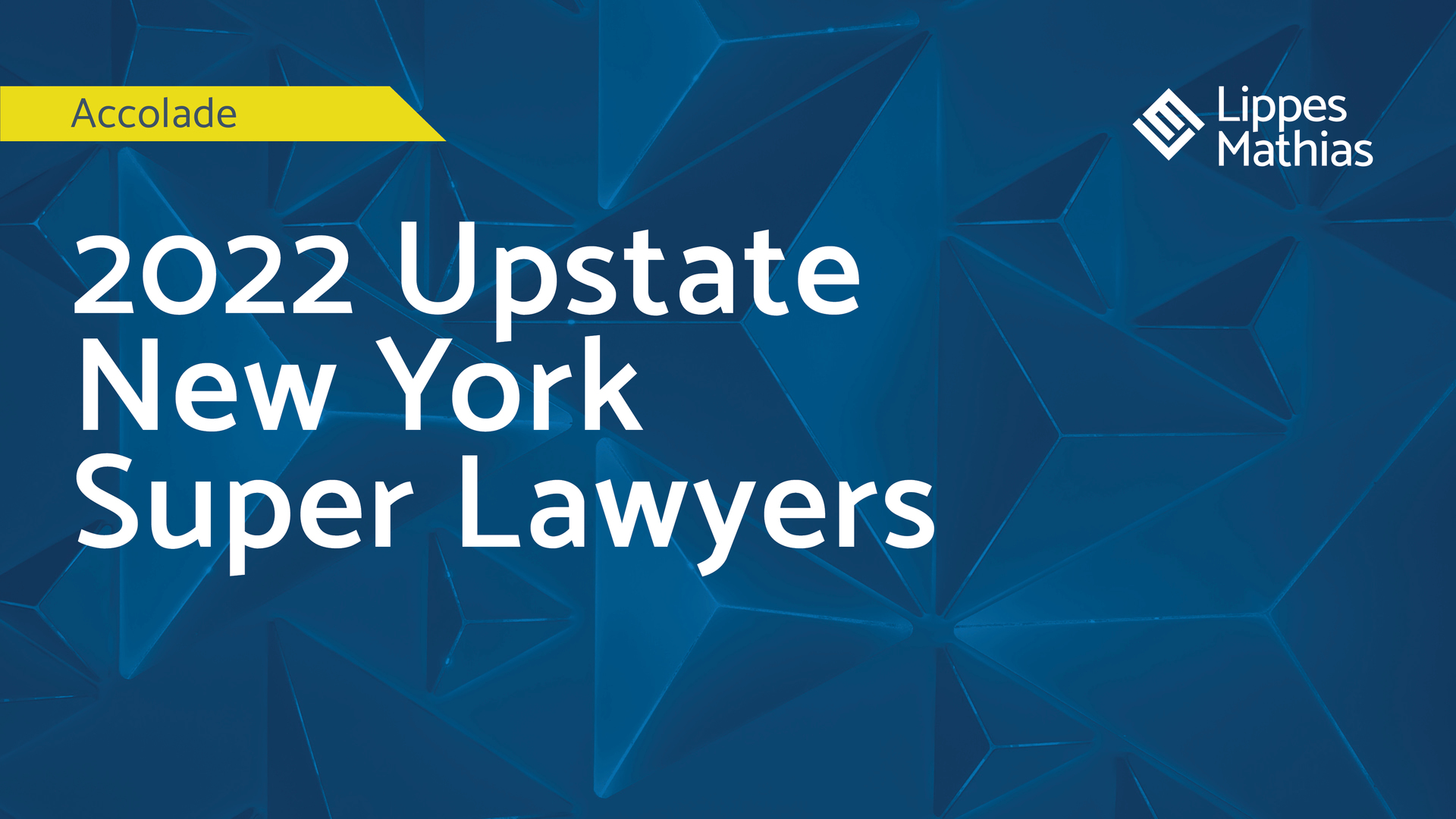Sweeping changes to New York's discrimination and harassment laws
August 14, 2019 |
Client Alerts
On August 12, 2019, Governor Cuomo signed into law a bill (S6577), passed by the state legislature in June, that makes sweeping changes to New York's discrimination and harassment laws. These changes will go into effect at various points over the next year and follow Governor Cuomo's signing of two bills on July 10, 2019, (S5248B and S6549) that related to equal pay and salary history. Below is a brief overview of some of the groundbreaking changes from all three bills: Pay Equity: Equal wages must be provided for employees performing the same or substantially similar work under similar working conditions.
Salary History: Employers are prohibited from soliciting information from an applicant or an employee regarding wage or salary history.
Burden of Proof for Harassment: Employees need not establish that harassing conduct was severe or pervasive to prove harassment but rather they can now establish a lesser standard that they were subjected to inferior terms, conditions, or privileges of employment. This will result in a significant increase of harassment complaints being filed. This change is applicable to all claims of harassment - not just sexual harassment.
Faragher-Ellerth: This affirmative defense that could be asserted when employees failed to utilize an employer's effectively communicated internal complaint process is essentially nullified because an employee's failure to report harassment internally is no longer dispositive of whether an employer is liable.
Non-Employees in the Workplace: Similar to last year's change that protected non-employees in the workplace from sexual harassment, non-employees in the workplace are now protected from all forms of unlawful discrimination.
Non-Disclosure Agreements: Similar to last year's change regarding the settlement of sexual harassment complaints, NDAs are prohibited for complaints regarding all forms of unlawful discrimination unless confidentiality is the employee's preference. In short, two agreements executed at a minimum of 21 days apart from each other are now required to settle discrimination claims if confidentiality is sought.
Damages and Attorneys' Fees: Punitive damages are now available in cases of unlawful employment discrimination, and attorneys' fees can be awarded to a prevailing employee. While the provision of attorneys' fees now aligns New York State law with federal law, the provision of uncapped punitive damages now provides for greater remedies than presently permitted under federal law.
For a review of your compensation scheme or a better understanding of your company's obligations resulting from these changes in the law, please contact us.
Related Team
Related Content

Press Releases
2022 Upstate New York Super Lawyers Recognizes 48 Attorneys from Lippes Mathias
August 23, 2022


Corporate Blog
NLRB General Counsel’s Memorandum Foreshadows Additional Changes to NCAA Athletics
October 26, 2021

Press Releases
2021 Upstate New York Super Lawyers Recognizes 39 Attorneys from Lippes Mathias
August 20, 2021


Client Alerts
Restaurant Revitalization Fund Applications Go Live
April 30, 2021





